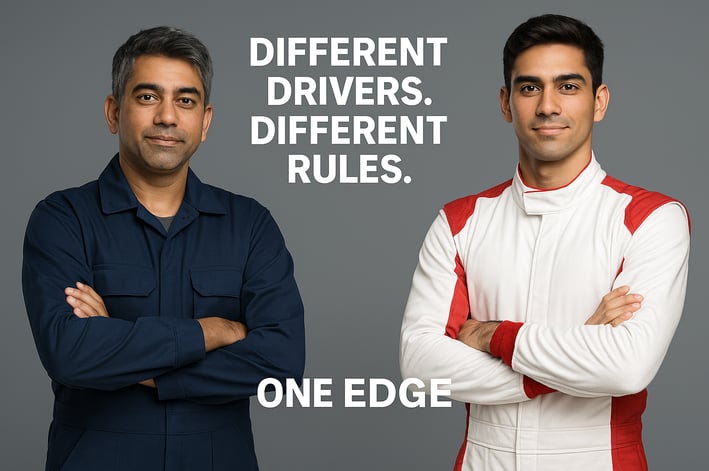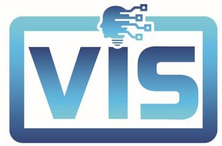The Inconsistency of Data Stewardship: A Call for Contextual Understanding
We need to STOP Training Every Driver the Same: Why Data Governance Needs Context to Succeed


Please STOP training every driver the same.
Over the years, I’ve worked across dozens of industries, sat through countless boardroom conversations, and helped shape data governance programs for organisations big and small. One thing still baffles me.
Why do we expect every data owner and data steward to operate the same way?
Honestly, it’s like training a truck driver, an Uber driver, and a Formula 1 driver using the same manual—and then wondering why performance, safety, and trust are all over the place.
I can say this with some confidence—not just as a data specialist, but as a former motorcycle racer. Believe me, the way you prepare for the track is very different from how you prepare to ride in the city or deliver freight down the Hume Highway. Different speeds. Different stakes. Different skills.
Yet in data governance, too many frameworks still treat roles like “Data Owner” or “Steward” as if they’re universal across the board - they’re not.
Same title - totally different ride.
Take finance and customer service. I’ve worked closely with both. You can’t apply the same governance structure and expect the same outcomes. One is dealing with compliance, financial risk, and reporting accuracy. The other is managing high-volume, customer-facing data that changes daily.
It’s not just about the data. It’s about the decisions, processes, and risks attached to that data. If governance doesn’t respect that, it’s doomed to become shelf ware.
Now, let’s talk data quality.
Everyone loves the ISO-style stuff—accuracy, completeness, consistency, and so on. I do too. But let’s not pretend that a single data quality rule means the same thing across different domains.
Here's a real example from a past engagement:
The marketing team was happy with an 80% complete customer address—postcode or email was good enough to launch a campaign.
The logistics team? They needed 100% completeness. Missing suburb or street meant lost deliveries, angry customers, and rework.
Both teams were right. But applying the same “completeness” rule to both? A waste of time.
This is why at VIS, we built EDGE™—Enhanced Data Governance Evolution—around a simple idea: enablement beats enforcement.
You don’t give a V8 Race car to someone doing school drop-offs. And you don’t throw a delivery driver into Bathurst and expect lap records. So why treat every data steward the same?
EDGE™ is about fitting governance to the person, not the other way around.
A strategic data owner is your F1 driver—fast, data-aware, risk-managed, and in need of precise telemetry to steer the ship.
An operational steward is your long-haul truckie—consistent, process-driven, and critical to daily business flow.
A business SME is more like your Uber driver—agile, local, responsive. Doesn’t need a pit crew, but needs good maps and fast decisions.
Each of them contributes to the journey. But you’ve got to train them differently, support them differently, and define success based on what road they’re on.
What good governance should feel like:
It should build confidence—not control.
It should help people drive better—not just follow the road signs.
And most importantly, it should align with how the business actually runs—not how we’d like it to look in a RACI chart.
So next time someone rolls out a one-size-fits-all stewardship model, ask them this: “How does it deliver effectiveness given the difference in data management and governance role, responsibilities,?".
Click here for more information on our EDGE™ Methodology or assistance with your Data Governance and Management, please contact us at info@vanguardinfosys.com.
Have a Wonderful day.
